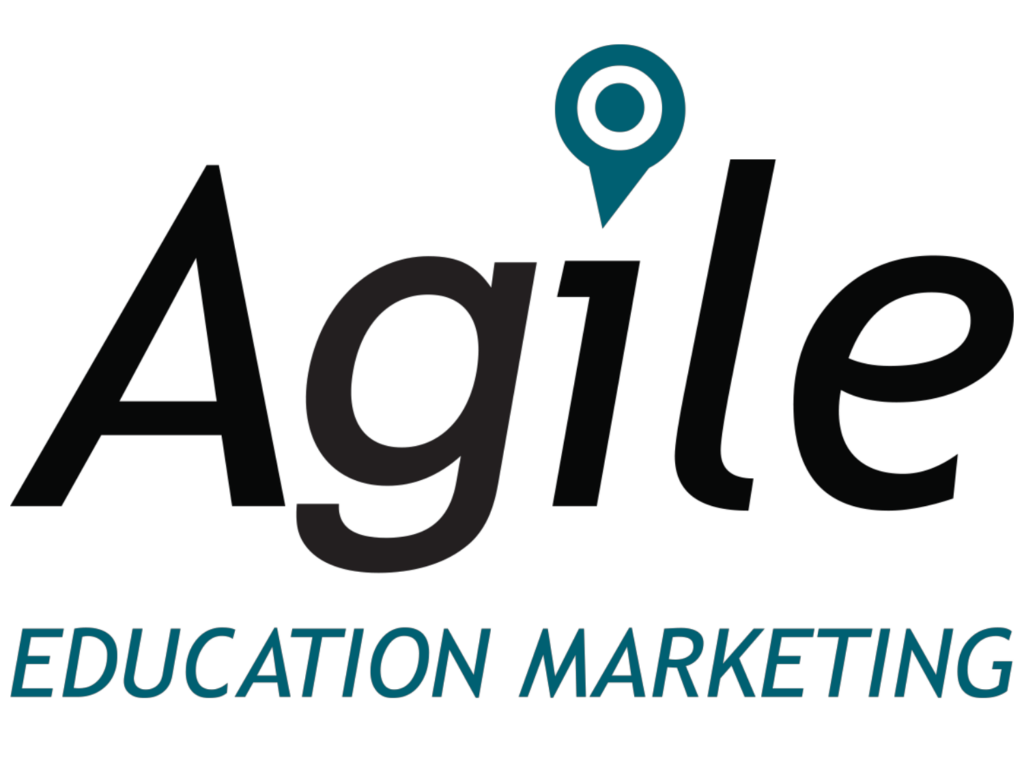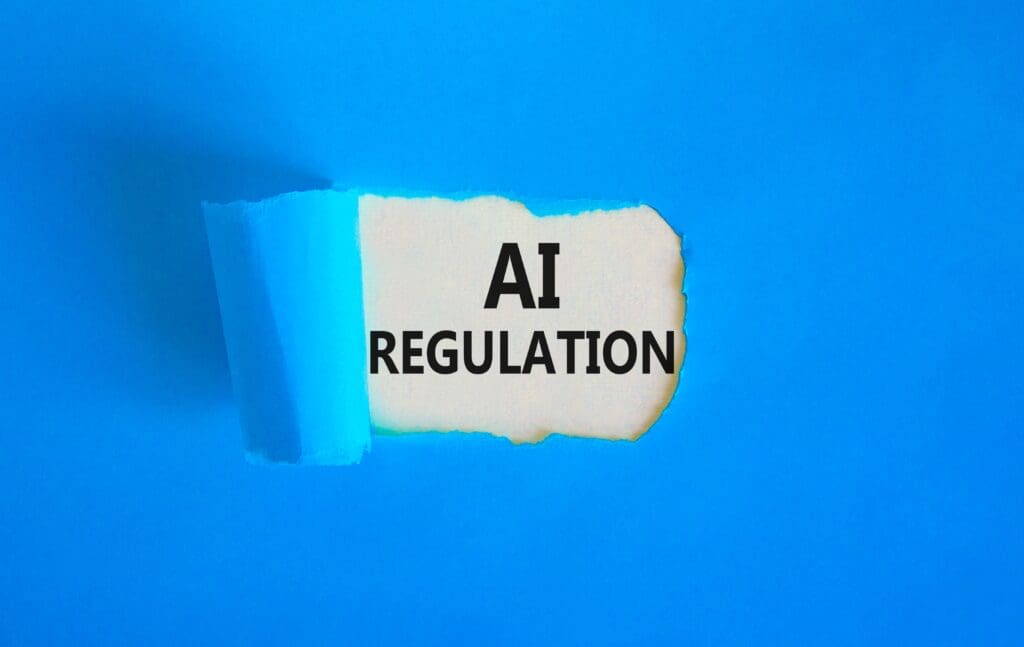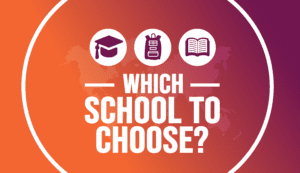
Tackling the Middle School Reading Crisis
From rising academic expectations to gaps in foundational skills left from earlier grades, many middle schoolers aren’t reading at grade level. Discover why this crisis matters and how educators and ed-partners can respond with meaningful support.




